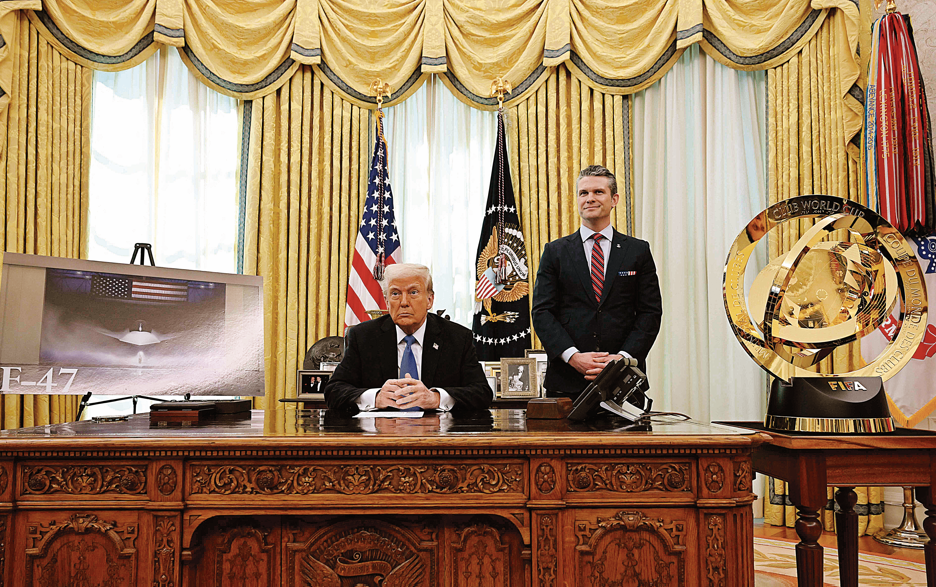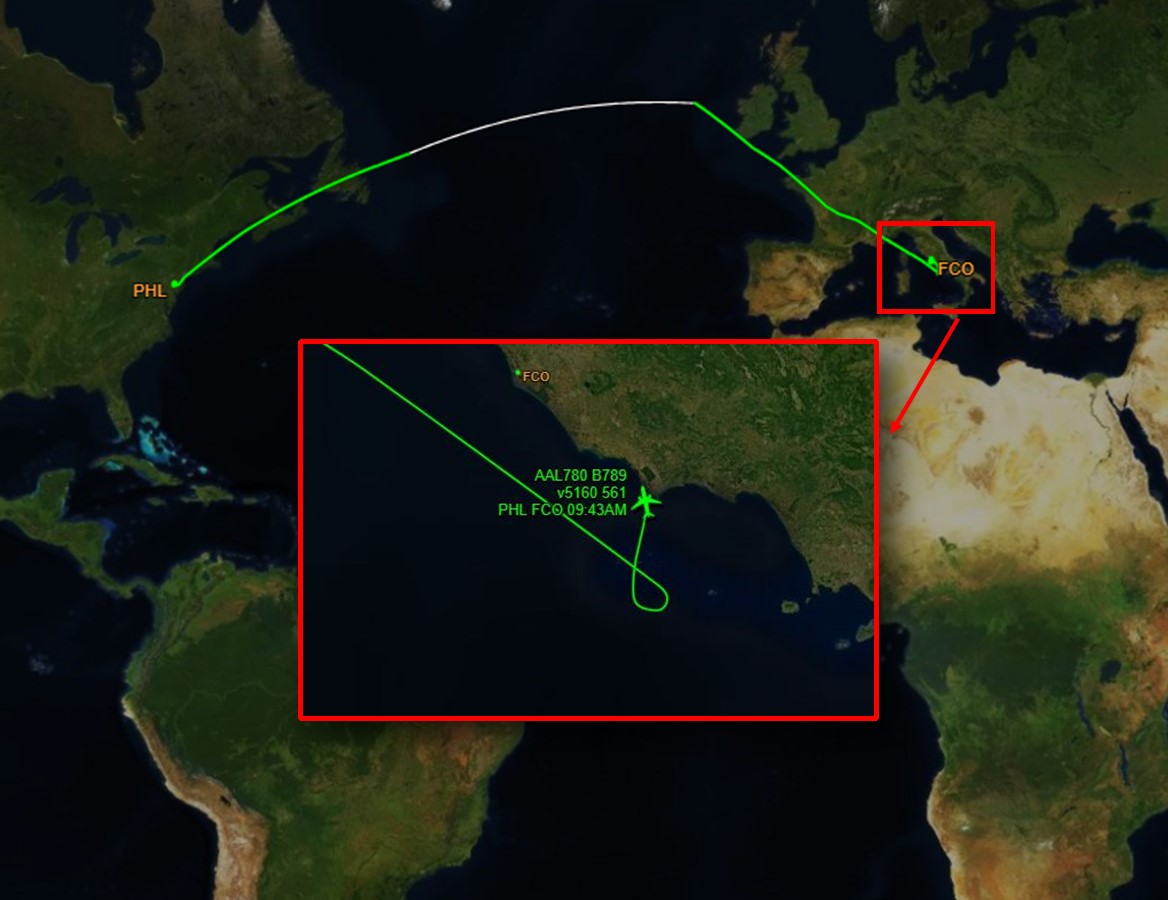the bizarre case that is shaking the Trump administration

Last March 15, the Hethis, an Yemen terrorist group funded by Iran, were the target of American attacks. The cause of the attacks is the actions of the Iemenite group against vessels, mainly Israelites, in the Gulf of Adem, causing disruption in international trade that passes through the Red Sea and, later, the Suez Canal, to the Mediterranean.
But, writtenly twice two weeks, a « bomb », not in the literal sense, fell in the United States. On Monday, the chief editor of the American magazine The Atlantic, Jeffrey Goldberg, published a play that has shivered Donald Trump’s administration. Titled “The Trump Administration Acidentally Texted Me It War Plans” (the Trump administration accidentally sent me by message their war plans, the article leads readers to accompany the bizarre, and unpublished, Goldberg experience.
Goldberg added to the conversation
The journalist, in the introduction of the text that has generated controversy all over, summarizes what happened: “US National Security Leaders included a group conversation about the next military attacks in Yemen. I didn’t think it could be real. Then the bombs started to fall. The situation began with an invitation to Signal-an application of conversations similar to WhatsApp which, according to Goldberg, « is a popular open-source messaging service between journalists and others looking for more privacy than other text messaging services are able to offer »-sent to the journalist by Michael Waltz, the current US administration’s national security counselor.
Explosions validated the group’s veracity
Even suspecting that it could be a « trap », Goldberg accepted « hoping that he was the true national security counselor and that he wanted to talk about Ukraine, Iran or any other important matter. » This user would eventually add The Atlantic journalist to a group with the name «Houthi PC Small Group», which were part of users with the name of the government’s main protagonists-Vice President Jd Vance, Secretary of State Marco Rubio, Secretary of Defense Pete Hegseth, National Intelligence Director Tulsi Gabbard, the special envoy for Ukraine and the medium East Steve Witkoff, Donald Trump Susie Wiles’s chief of staff, among others.
« He had strong doubts that this group was real, » wrote Jeffrey Goldberg, « because I couldn’t believe that the US National Security leadership would communicate through the sign about imminent war plans. » « I couldn’t believe it either, » the journalist continued, « that the president’s national security counselor was so reckless as to include The Atlantic’s chief editor in such discussions with high US officials, including the vice president. »
After addressing some details of the conversation, naturally omitting others that should not be public knowledge, Goldberg reports the moment when the possibility of the whole story being real gained a new force. « According to Hegseth’s long text, the first detonations in Yemen would be felt in two hours at 1:45 pm, the east time, » says the journalist. «So I waited in my car, in the parking lot of a supermarket. If this conversation by the way were real, I thought, the targets HOUTHHI would be bombarded soon. Around 1:55 pm, I checked X and looked for Yemen ». « At that time, » he concludes, « explosions were heard in Sanaa, the capital. »
After concluding that the group would be true, Jeffrey Goldberg sent a series of emails in search of official confirmation, the latter being given by Brian Hughes, spokesman for the National Security Council, and William Martin, spokesman for the vice president. The first, according to the journalist, responded two hours later, confirming the veracity of the Signal Group. « This seems to be a sequence of authentic messages and we are analyzing how an inadvertent number has been added to the sequence, » wrote Hughes. The second, says Goldberg, said that despite the impression created by the texts, the vice president is totally aligned with the president. « The first priority of the vice president is always to make sure that the president’s advisers inform him properly on the content of his internal deliberations, » he said.
Legal problems and reactions
This serious breach of the American Administration, which allowed access to confidential information from an attack plan, naturally carries problems of a legal nature. This aspect of the problem was not neglected by Goldberg, who contacted several lawyers to investigate the seriousness of this error of the American executive. “All of these lawyers said a US employee should not, at the outset, create a sequence in Signal. Information on an active operation would presumably be the legal definition of information of “national defense”. Signal application is not approved by the government to share confidential information. The government has its own systems for this purpose. If employees want to discuss military activity, they should go to a space specially designed for the purpose, known with a compartmentalized information installation, or scif. (…) Usually, mobile phones are not allowed within a scif, suggesting that, as these employees were sharing information about an active military operation, it could be circulating in public. If they had lost their mobile phones, or if they had been stolen, the potential risk to national security would have been serious.
Mike Waltz has already assumed the « total responsibility » of the case he considers « embarrassing ». Trump has already defended the Secretary of Defense and says that Waltz « learned from the error. » Thus, an unprecedented case, which, it seems, will have no more serious consequences for members of the Administration, allowed the public a better understanding of how important decisions in the country, in this executive, are elaborated and put into practice. From the conversations shared by The Atlantic’s chief editor, you can also understand how JD Vance and Pete Hegseth evaluate the relationship with Europe-and is not very positively.







